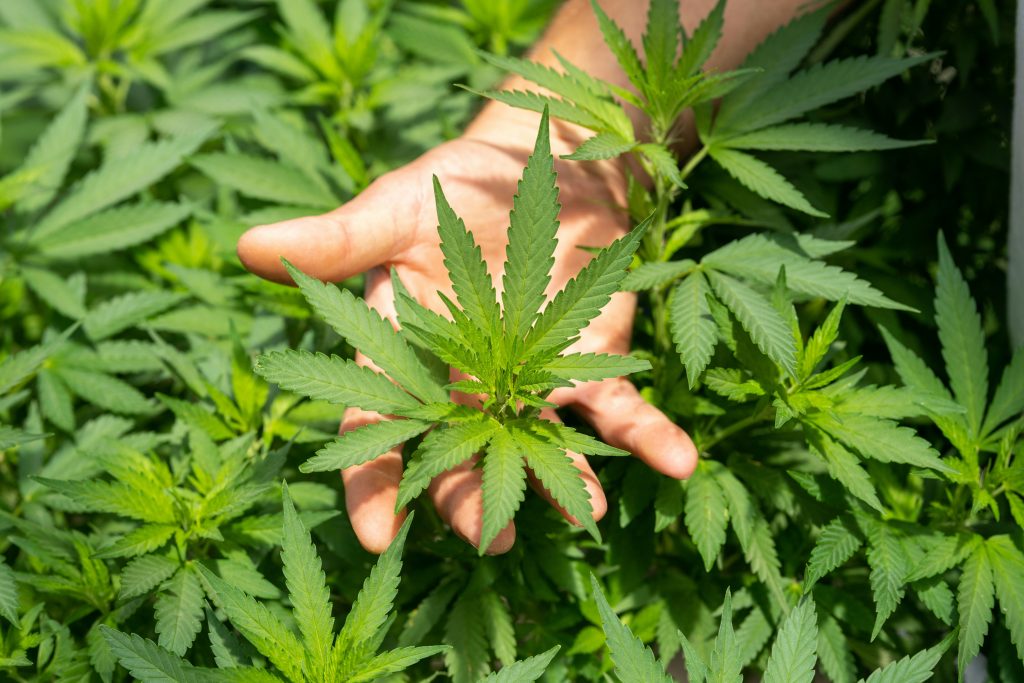Beverage crops are plant varieties cultivated primarily for the purpose of producing beverages. Cacao, grapes, barley, rye, sugarcane, berries, tea, pears, apples, lemons, wheat, are good examples of beverage crops. These crops encompass a diverse array of botanical specimens, each offering unique flavors, aromas, and properties that contribute to the world’s vast beverage industry.
Examples of beverage crops
- Coffee (Coffea arabica)
- Tea (Camellia sinensis)
- Cacao (Theobroma cacao)
- Grapes (Vitis vinifera)
- Barley (Hordeum vulgare)
- Wheat (Triticum spp.)
- Rye (Secale cereale)
- Corn (Zea mays)
- Sugarcane (Saccharum officinarum)
- Hops (Humulus lupulus)
- Apples (Malus domestica)
- Pears (Pyrus spp.)
- Oranges (Citrus sinensis)
- Lemons (Citrus limon)
- Berries (Various species)
What is a beverage?
A beverage is a liquid that is specifically prepared for human consumption. Beverages can vary widely in their composition, flavor, and purpose, and they are often consumed to quench thirst, provide refreshment, or simply for enjoyment.
Beverages can be hot or cold, alcoholic or non-alcoholic, and they can range from simple water to complex cocktails. Examples of beverages include water, tea, coffee, juice, soda, wine, beer, and spirits.

Classification of Beverages
They can be categorized into two main groups: alcoholic and non-alcoholic beverages. This classification is based on the primary use and processing of the crops.
Alcoholic Beverages
- Grapes (Vitis vinifera)
- Barley (Hordeum vulgare)
- Wheat (Triticum spp.)
- Rye (Secale cereale)
- Corn (Zea mays)
- Sugarcane (Saccharum officinarum)
- Apples (Malus domestica)
Non-Alcoholic Beverages
- Coffee (Coffea arabica)
- Tea (Camellia sinensis)
- Cacao (Theobroma cacao)
- Hops (Humulus lupulus)
- Oranges (Citrus sinensis)
- Lemons (Citrus limon)
- Berries (Various species)
Uses of beverage crops
- Beverage Production: The primary use of beverage crops is, of course, for producing various drinks consumed worldwide.
- Culinary Purposes: Many beverage crops, such as lemons and berries, are used in cooking to add flavor and aroma to dishes.
- Medicinal Applications: Some crops, like tea and certain berries, have medicinal properties and are used in traditional remedies.
- Industrial Processing: Sugarcane and corn are utilized in industrial processes to produce ethanol and other biofuels.
- Cosmetic Production: Extracts from these crops are often used in cosmetics and skincare products for their beneficial properties.
- Aromatherapy: Essential oils derived from beverage crops like lavender and citrus fruits are used in aromatherapy for relaxation and stress relief.
- Natural Dyes: Certain beverage crops, such as tea leaves and berries, can be used as natural dyes for textiles and fabrics.
- Flavoring Agents: Extracts are used as flavoring agents in a variety of food and beverage products.
- Decorative Purposes: Fruits and flowers from these crops are often used for decorative purposes in floral arrangements and table settings.
- Environmental Benefits: Beverage crop cultivation can have positive environmental impacts, such as soil conservation and biodiversity promotion.
The bottom line
Beverage crops represent a fascinating intersection of nature and culture. From the humble coffee bean to the venerable tea leaf, these crops enrich our lives in myriad ways, offering not just refreshment, but also a glimpse into the diverse tapestry of our agricultural heritage. As we continue to explore and appreciate the bounty of beverage crops, let us also strive to steward these resources responsibly, ensuring their preservation and prosperity for generations to come.
Read also: Classification of crops
FAQs
What is a Beverage Plant?
A beverage plant is a facility where beverages are produced, processed, or packaged, encompassing various operations like mixing, pasteurization, and bottling.
Is Milk a Beverage?
Yes, milk is considered a beverage, as it’s a liquid consumed by humans and derived from mammals, offering essential nutrients and versatile usage in culinary applications.
Is water a beverage
Yes, water is considered a beverage. It is a clear, odorless, and tasteless liquid that is essential for human survival and is commonly consumed to quench thirst and maintain hydration levels.
